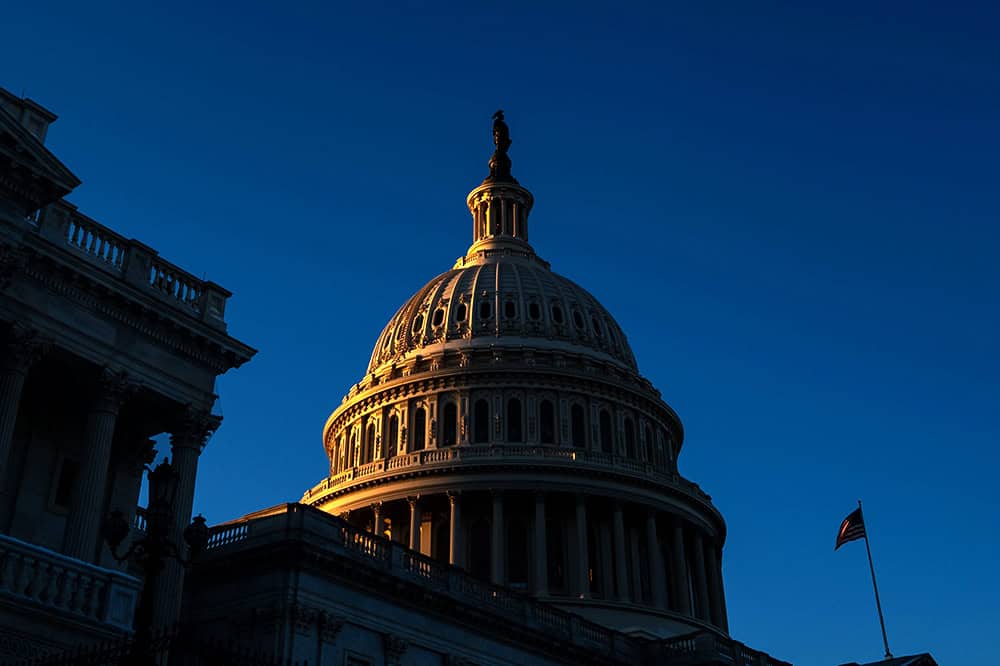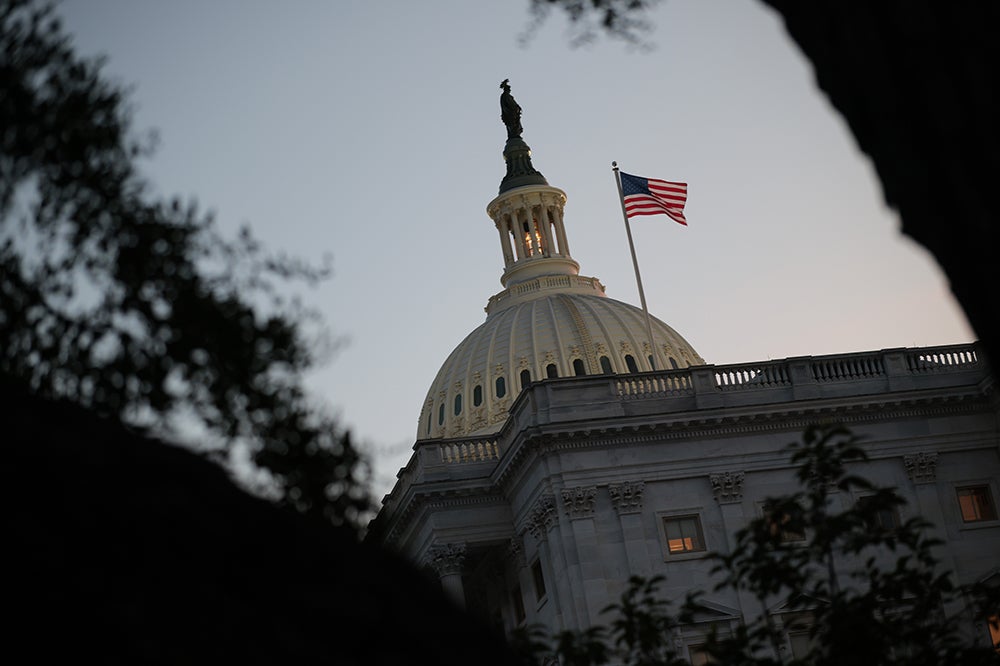Statement on Fiscally Irresponsible "Tax Extenders" Legislation

NEW YORK — Michael A. Peterson, President and CEO of the Peter G. Peterson Foundation, commented today on a large, year-end legislative package that would significantly increase our national debt. According to early news reports, the tax legislation is estimated to cost $650 billion over the next ten years, plus the additional interest required to finance that new debt. Over the next two decades, estimates suggest that it would cost as much as $2 trillion.
Peterson said,
“This costly and unfunded bill is a big step in the wrong direction for our nation’s fiscal and economic health.
“Prior to this deal, over the next ten years, interest on our national debt was projected to be a staggering $5.2 trillion and become the third largest government ‘program.’ These tax breaks are not paid for, and would only make our long-term debt problem worse. At an estimated cost of $650 billion over ten years, plus interest, and $2 trillion over twenty years, this bill would have an enormous impact on our long-term fiscal future. It also would undermine efforts to slow the growth of healthcare costs, which is critical for our fiscal and economic future.
“Of course it’s good that we avoided another damaging government shutdown, but the bar should be higher than that.
“America desperately needs both parties to come together on solutions to our long-term fiscal challenges. That will involve a number of hard choices, but today’s agreement represents a set of non-choices. This is yet another missed opportunity to begin the important process of comprehensive tax reform.
“The 2016 election is the right time to begin a national conversation on how to stabilize our national debt over the long term, which is essential to secure our economy for the next generation.”
Further Reading
What Is the National Debt Costing Us?
Programs that millions of Americans depend on and care about may be feeling a squeeze from interest costs on our high and rising national debt.
Interest Costs on the National Debt Are Reaching All-Time Highs
The most recent CBO projections confirm once again that America’s fiscal outlook is on an unsustainable path — increasingly driven by higher interest costs.
New Report: National Debt Outlook Gets Worse as Interest Costs Exceed $1 Trillion Annually
A new CBO report shows that the national debt outlook worsened from last year’s projections.


